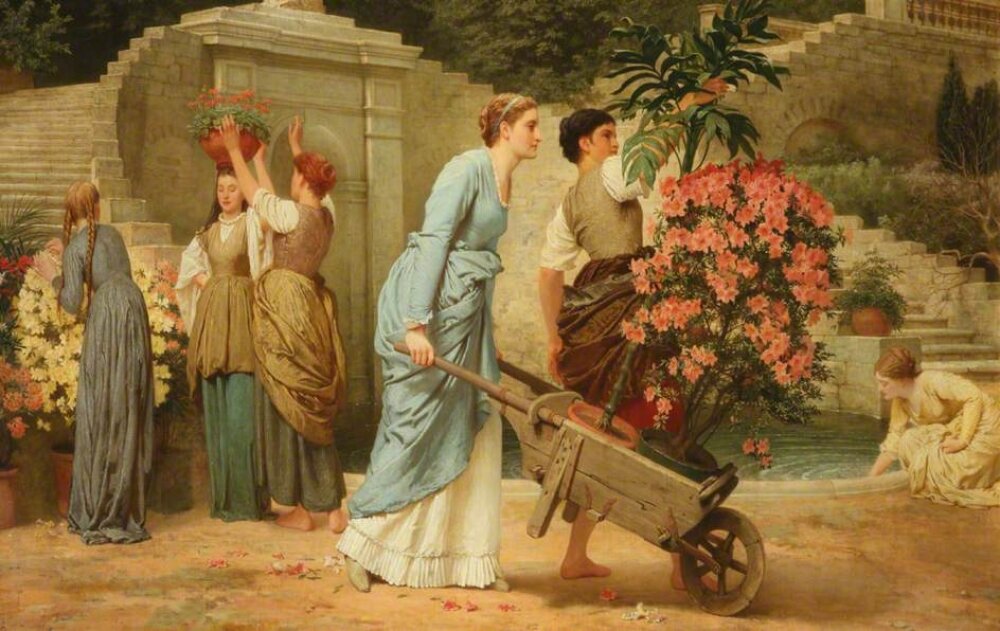Walter Field, Men were Deceivers Ever
A faithless lover is secretly pursued by a vindictive father.
Sir Arthur Hallam Elton (1818-1883), a baronet and member of Parliament, wrote only two novels, of which this is the second. The characters are interesting, the style good, and the plot involving, though it ends with odd abruptness, seeming to hint at a sequel that never came.
“We congratulate Sir Arthur Elton and the public” on his “brilliant success. . . . Among the distinguishing merits of the novel . . . are the freshness and artistic construction of the story. It is full of variety, yet its unity is perfectly preserved, unbroken by a single episode. Its interest increases in intensity with an even progression from the first chapter to the last.” Spectator, August 4, 1860
“There is a largeness and simplicity in the conception of the plot, which is worked out with facile dialogue and in a narrative that never flags. There are no tedious descriptions, no second-hand moralities, all is action and passion well presented.” Examiner, October 13, 1860
Download this week’s novel:
v.1 https://archive.org/details/herbertchaunceym01elto




















